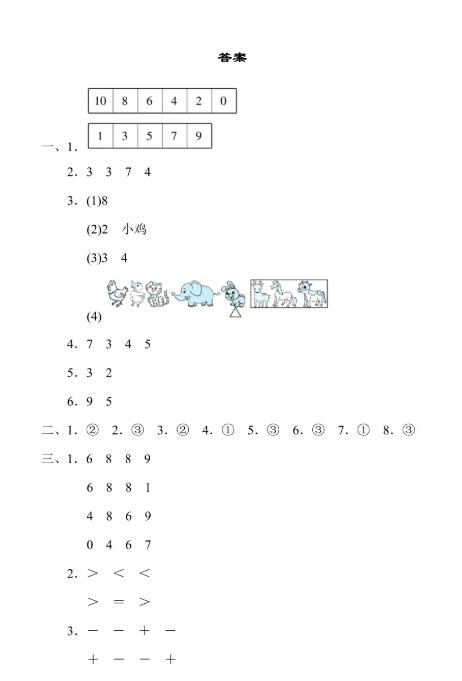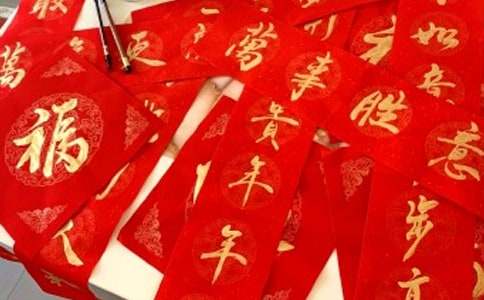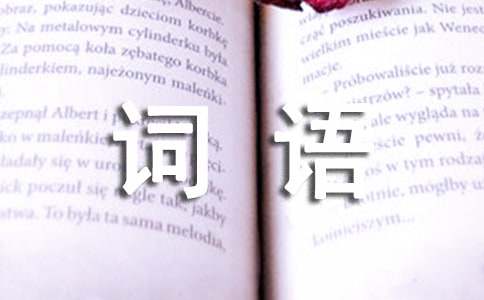【考试知识点解析】
1. by + doing 通过方法(by是介词,后面要跟动名词,也就是动词的ing形式)
2. talk about 谈论,议论,讨论
The students often talk about movie after class. 学生们常常在课后讨论电影。
talk to sb= talk with sb 与某人说话
3. 提建议的句子:
①What/ how about +doing sth.? 做如何?(about后面要用动词的ing形式,这一点考试考的比较多)
如:What/ How about going shopping?
②Why dont you + do sth.? 你为何不做?
如:Why dont you go shopping?
③Why not + do sth. ? 为何不做?
如:Why not go shopping?
④Lets + do sth. 让大家做...吧。
如:Lets go shopping
⑤Shall we/I + do sth.? 大家/我...怎么样?
如:Shall we/I go shopping?
4. a lot 很多,常用于句末。
如:I eat a lot. 我吃了很多。
5. tooto... 太...而不可以
常见的句型:too+形容词/副词+ to do sth.
如:Im too tired to say anything. 我太累了,什么都不想说。
6. aloud, loud与loudly的使用方法,三个词都与大声或响亮有关。
①aloud是副词,一般放在动词之后。
②loud可作形容词或副词。用作副词时,常与speak, talk, laugh等动词连用,多用于比较级,须放在动词之后。
如:She told us to speak a little louder. 她让大家说大声一点。
③loudly是副词,与loud同义,有时两者可替换用,可坐落于动词之前或之后。
如:He does not talk loudly or laugh loudly in public. 他不当众大声谈笑。
7. notat all 一点也不,根本不
如:I like milk very much, but I dont like coffee at all. 我很喜欢牛奶,但我一点也不喜欢咖啡。
not常常可以和助动词结合在一块,at all 则放在句尾。
8. be/get excited about sth. 对...感到开心
9. ① end up doing sth 终止做某事,结束做某事
如:The party ended up singing. 晚会以唱歌而结束。
② end up with sth. 以结束(注意介词with)
如:The party ended up with her singing. 晚会以她的歌唱而告终。
10. first of all 第一(这个短语可用在作文中,使得文章有层次)
11. also 也、而且(用于一定句)常在句子的中间
either 也(用于否定句)常在句末
too 也 (用于一定句)常在句末 (它们三个的区别要了解,特别要了解用在什么句子中与各自的地方)
12. make mistakes 犯了错误
如:I often make mistakes. 我常常犯了错误。
make a mistake 犯一个错误
如:I have made a mistake. 我已经有一个错误。
13. laugh at sb. 笑话;取笑(某人)(容易见到短语)
如:Dont laugh at me! 不要取笑我!
14. take notes 做笔记,做记录
15. enjoy doing sth . 喜欢做,乐意做(这是一个尤为重要的考试知识点)
如:She enjoys playing football. 她喜欢踢球。
enjoy oneself 过得愉快
如:He enjoyed himself. 他过得愉快。






